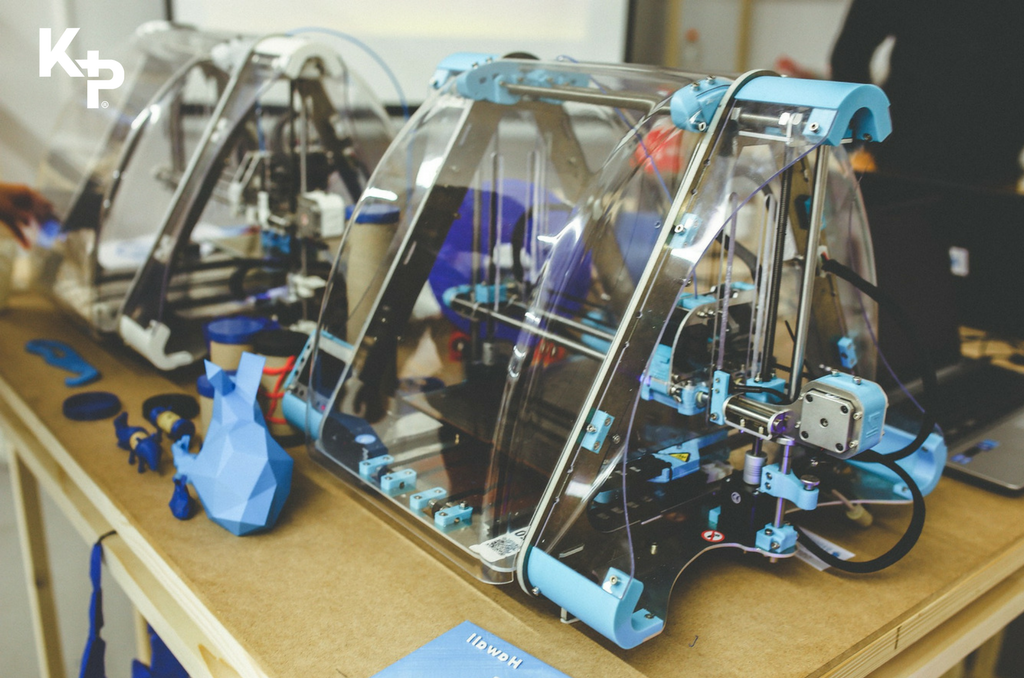Top futuristic healthcare innovations
Wednesday, April 19th, 2017 | Blog
The healthcare industry is one that is constantly moving forward. The technology that seems new and fascinating today will be obsolete in the near future. This is why it’s incredibly important to keep looking ahead to the forms of technology that will dominate healthcare in the future.
Scientific advancements are now bringing us closer and closer to curing diseases and illnesses we once thought were incurable; what’s more impressive is that we are heading towards treatments that are personally tailored to an individual's needs, rather than the one size fits all model that we currently have.
With this in mind, we are going to list some of the most exciting advancements in healthcare technology.
1. 3D Printing
3D printing is a bit like normal printing; data is processed into a physical form and the printers replicate the object in 3D. The uses for this technology are almost limitless, something that is already being portrayed in its application across the world.
The main use of 3D printing in healthcare so far has been the development of prosthetic limbs for humans and animals. The limbs are designed using specialist software; this software allows doctors to measure the exact details of a person’s affected area, creating a prosthetic limb or appendage that fits them perfectly.
In the future, 3D printing could even be used to create internal organs and bones that can grow along with the human body, rather than many of the current cures that often have to be replaced after a few years
2. Virtual Reality Technology
Virtual reality is not a new technology by any sense of the imagination, but modern technological advances have made it far more viable than it was during the 80s. The technology is now more accessible than ever, especially considering that most smartphones have the capability of doubling up as a VR headset.
There have already been several studies that have tested the effects of VR on PTSD patients. One such study appropriated a video game in order to place PTSD patients into scenarios that were similar to their time in the service. Of the twenty people involved in the study, 16 of them said they had a decrease in the number of PTSD episodes due to the VR experience.
3. Nanotechnology
Previously limited to the sci-fi movies of Hollywood, nanotechnology is the process of building tiny robots capable of entering the human body. These robots can then swim to individual areas in the body, delivering medicine to specific points of interest. Whilst this does still sound incredibly futuristic, it is not as far off as one would imagine.
Scientists at the Max Planck Institute have successfully created miniscule robots that are capable of traversing the human bloodstream. Using a propulsion method similar to that of scallops, these tiny robots are able navigate the human bloodstream. In the future this technology could be an absolute gamechanger, especially if it can be adopted for cancer treatment.
4. Artificial Intelligence
One of the biggest trends in fitness and wellbeing right now is the wearable fitness tracker. They are often worn as watches that can track selected vital statistics of a person as they train. They don’t do anything other than providing basic information, but in the future this information could be used by AI. Using your vital statistics along with other information, a specially programmed AI could warn you of potential health complications, well before they arise.
The future of healthcare is definitely exciting, especially with so many technologies that were once thought of as mere sci-fi props making their way into reality. If there are any exciting technologies you think we have missed, please let us know in the comments.














